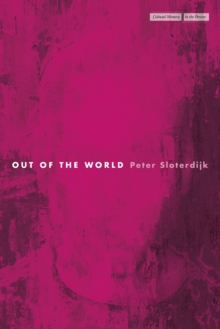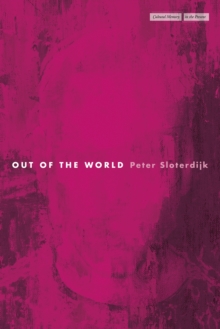
Revelation Comes from Elsewhere Paperback / softback
by Jean-Luc Marion
Part of the Cultural Memory in the Present series
Paperback / softback
Description
Jean-Luc Marion has long endeavored to broaden our view of truth.
In this illuminating new book—his deepest engagement with theology to date—Marion proposes a rigorous new understanding of human and divine revelation in a deeply phenomenological key. Although today considered the central theme of theology, the concept of Revelation was almost entirely unknown to the first millennium of Christian thought.
In a penetrating historical deconstruction Marion traces the development of this term to the rise of metaphysics from Aquinas through Suárez, Descartes, and Kant; formalized into an epistemological framework, this understanding of Revelation has restricted philosophical and theological thinking ever since.
To break free from these limits, Marion takes hints from theologians including Barth and Balthasar while mobilizing the phenomenology of givenness to provide a rigorous new understanding of revelation as a mode of uncovering.
His extensive study of the Jewish and Christian Scriptures unfolds a logic of Trinitarian phenomenality, worked out in conversation with Basil, Augustine, Hegel, Schelling, and others, that ultimately transforms our very notions of being and time. The result is precisely what we have come to expect from this acclaimed philosopher: masterful historical scholarship working in tandem with daring originality.
Information
-
Pre-Order
- Format:Paperback / softback
- Pages:488 pages
- Publisher:Stanford University Press
- Publication Date:20/08/2024
- Category:
- ISBN:9781503639348
Other Formats
- Hardback from £125.00
Information
-
Pre-Order
- Format:Paperback / softback
- Pages:488 pages
- Publisher:Stanford University Press
- Publication Date:20/08/2024
- Category:
- ISBN:9781503639348










